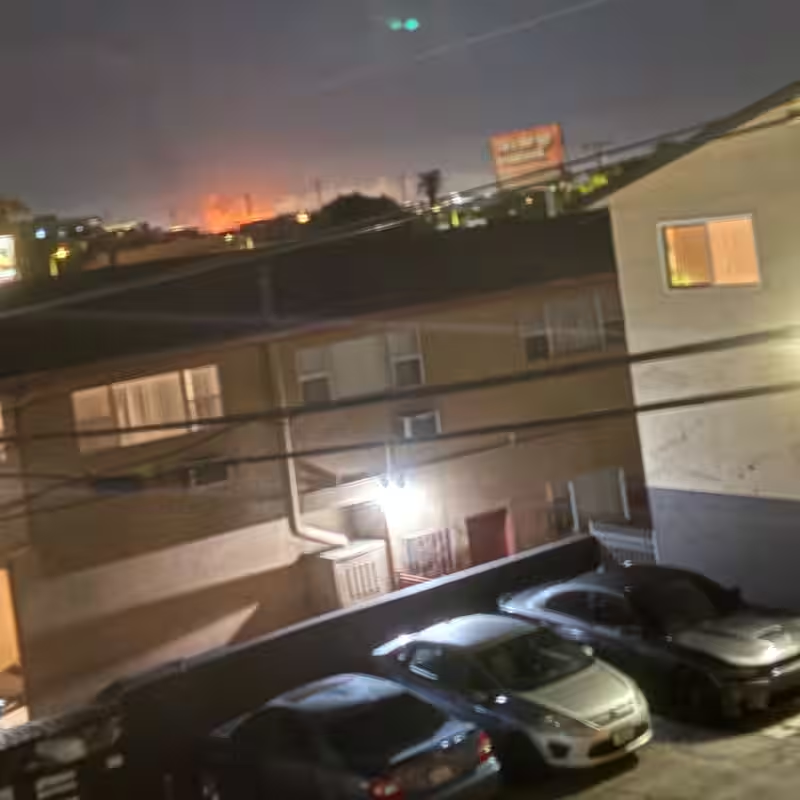Explosive Fire at Chevron’s El Segundo Refinery Sends Towering Flames Across Southern California Skyline
A massive fire erupted at Chevron’s El Segundo oil refinery early Friday morning, October 3, 2025, sending thick black smoke billowing into the sky and prompting air quality alerts across the Los Angeles Basin. The blaze, visible from over 20 miles away, forced emergency evacuations and raised immediate concerns about public health and industrial safety .

What We Know So Far
According to the Los Angeles County Fire Department, the incident began around 4:15 a.m. local time with what witnesses described as a “loud explosion” followed by a rapidly spreading fire in the refinery’s processing unit. Over 150 firefighters responded, using foam and water cannons to contain the flames. No fatalities have been reported, but two contract workers suffered minor burns and were treated on-site.
Emergency Response Timeline
- 4:15 a.m.: Explosion reported at Chevron El Segundo Refinery.
- 4:30 a.m.: LA County Fire Department declares Tier 2 industrial emergency.
- 5:45 a.m.: South Coast Air Quality Management District issues “shelter-in-place” advisory for El Segundo, Manhattan Beach, and parts of Inglewood.
- 8:00 a.m.: Chevron confirms fire is contained but not fully extinguished.
Environmental and Health Concerns
| Risk Factor | Status | Agency Monitoring |
|---|---|---|
| Air Quality | Unhealthy for sensitive groups (AQI 158) | South Coast AQMD |
| Toxic Emissions | Initial readings show elevated VOCs and benzene | California EPA |
| Water Runoff | Containment booms deployed near Ballona Creek | LA Sanitation & Environment |
History of Incidents at This Facility
The El Segundo refinery—Chevron’s largest in California and capable of processing 270,000 barrels of oil per day—has faced repeated scrutiny. In 2022, it was fined $2.3 million for excess emissions. A 2019 fire in the same unit caused a temporary shutdown and community outrage.
Note: The refinery sits just 2 miles from LAX and serves as a critical fuel supplier for Southern California—its prolonged shutdown could impact jet fuel and gasoline availability.
What’s Next?
California’s Division of Occupational Safety and Health (Cal/OSHA) has launched an investigation into the cause of the blast. Chevron has pledged full cooperation but has not yet disclosed whether equipment failure, human error, or external factors triggered the incident. Community groups are demanding an independent safety review and stricter oversight of aging industrial infrastructure near dense urban areas.




